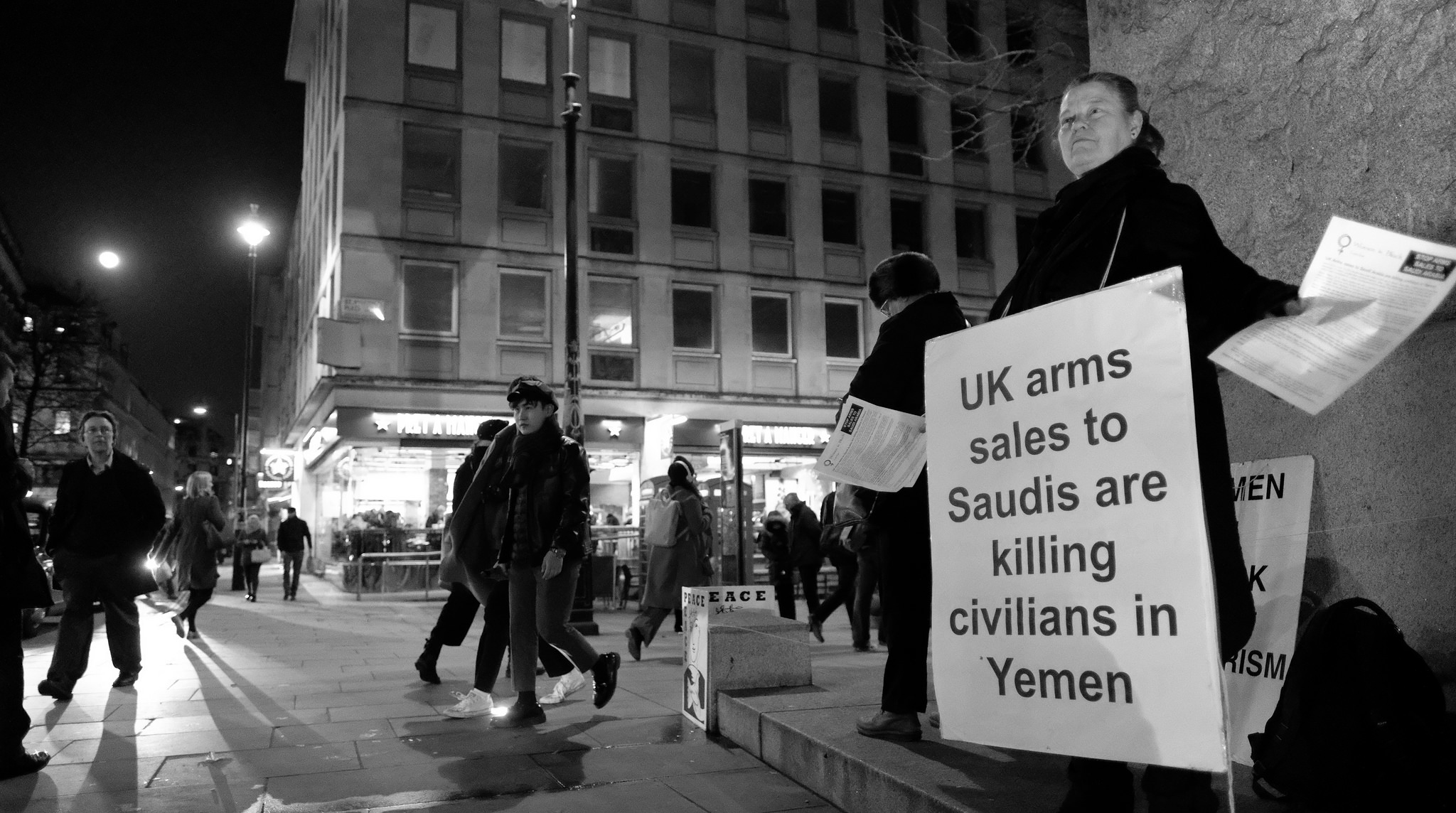British Foreign Policy in the Middle East: A Secret History of Self Interest
 The U.K. has elections every five years, an independent judiciary, freedom of speech and association, and strong laws protecting the equality of all citizens and civil liberties. Yet real power rests in the hands of an elite few who control policy-making institutions and the dominant ideas in society.
The U.K. has elections every five years, an independent judiciary, freedom of speech and association, and strong laws protecting the equality of all citizens and civil liberties. Yet real power rests in the hands of an elite few who control policy-making institutions and the dominant ideas in society.British foreign policy-making is so centralized that it is akin to an authoritarian regime. A prime minister can send troops into action without even consulting parliament.
Britain is currently fighting several covert wars with no parliamentary authorization or debate. Away from Yemen, special forces are operating on the ground in Syria, despite parliament only having approved air strikes against the Islamic State (IS) group. The British covert war in Syria has been going on since 2011, with almost no discussion by elected MPs.
In 1976, Lord Hailsham famously termed the U.K. an “elective dictatorship” because parliament is easily dominated by the government of the day and faces few constraints on its power. But this was before former prime minister Margaret Thatcher centralized decision-making still further, regularly bypassing the cabinet and relying on a small set of advisers – a strategy continued by Tony Blair, leading to the disastrous invasion of Iraq.
No comments:
Post a Comment